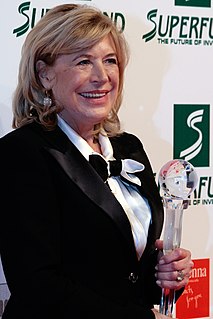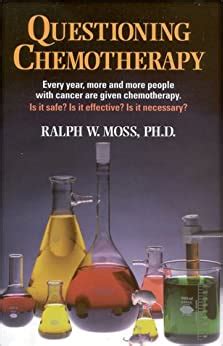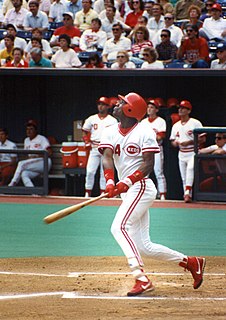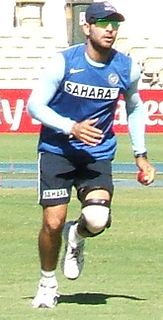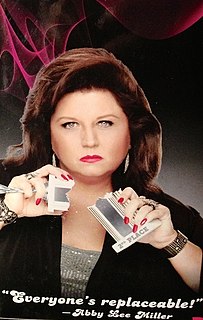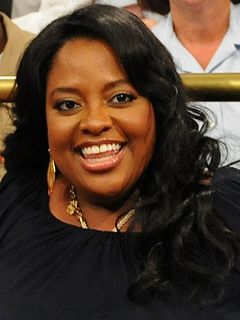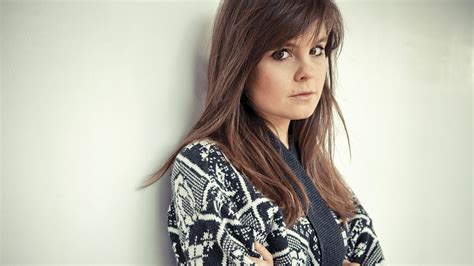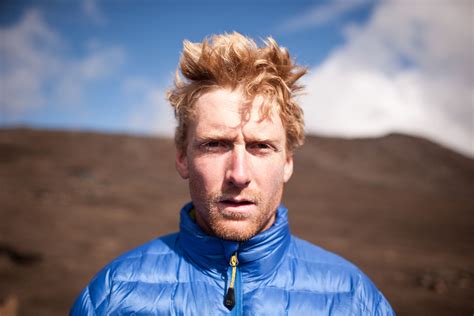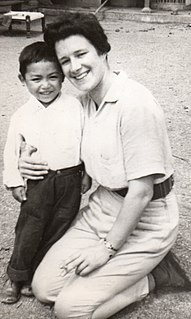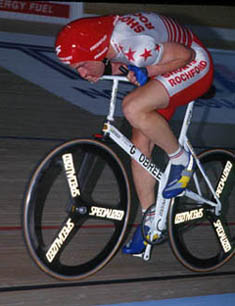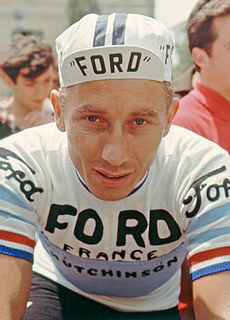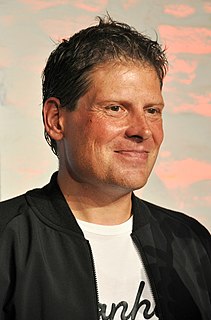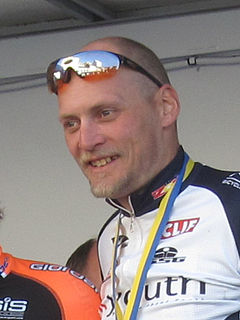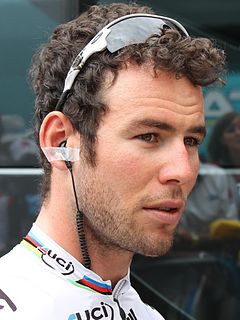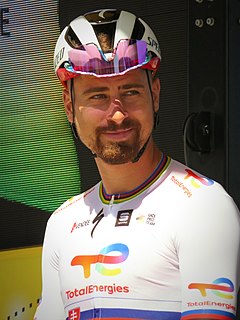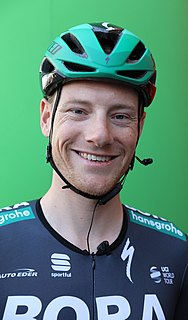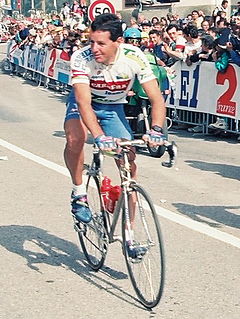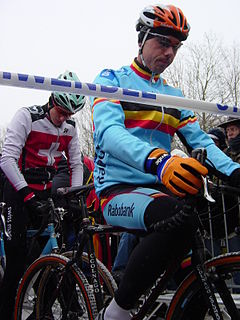A Quote by Lance Armstrong
The question was, which would the chemo kill first: the cancer or me?
Related Quotes
To be diagnosed with cancer was a frightening thing, and my first reaction was sheer panic, but I was really fortunate that the cancer was caught at such an early stage that I didn't need chemo or radiotherapy. But I know that cancer is a chronic condition, and once you've had it, you're on the list, because it can come back.
To be honest, I didn't think I would be here for this album [Give the People What They Want]. I thought I was going to die. When the doctor came in by himself and told me I had cancer, it was frightening. He told me he got it and there would be six months of chemo. I really thought people would be promoting my record without me here to enjoy it. But I'm here.
I travel a lot. It used to be, when I would go to any country, I could guarantee that the first question would establish my name, and the fact that I've written Roots, and the third question, at least no later than the fourth question would not be a question, so much as a statement, something like, "We understand that in America white people do such and such bad things to black people."
[My father] impressed upon me from the first, that the manner in which the world came into existence was a subject on which nothing was known: that the question, "Who made me?" cannot be answered, because we have no experience or authentic information from which to answer it; and that any answer only throws the difficulty a step further back, since the question immediately presents itself, "Who made God?

